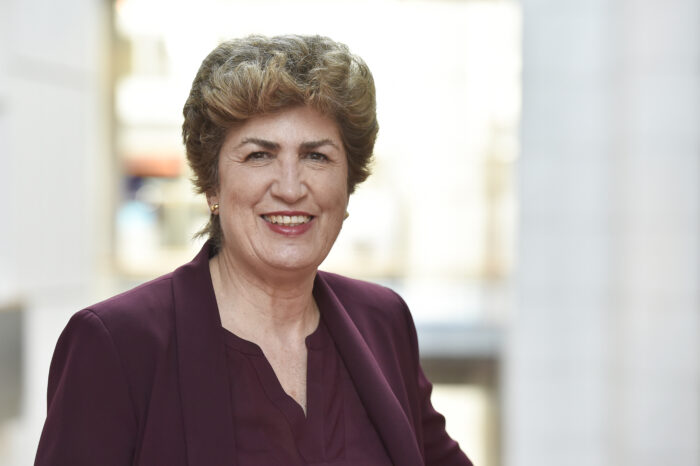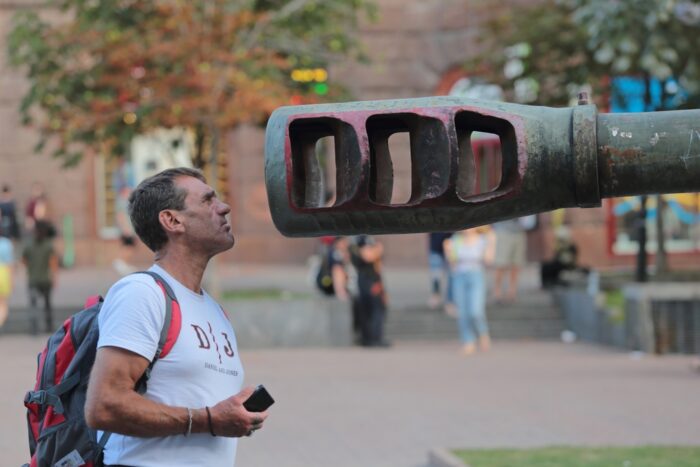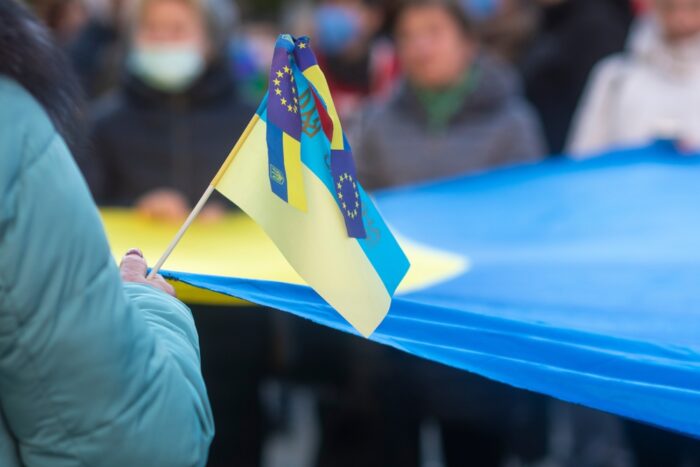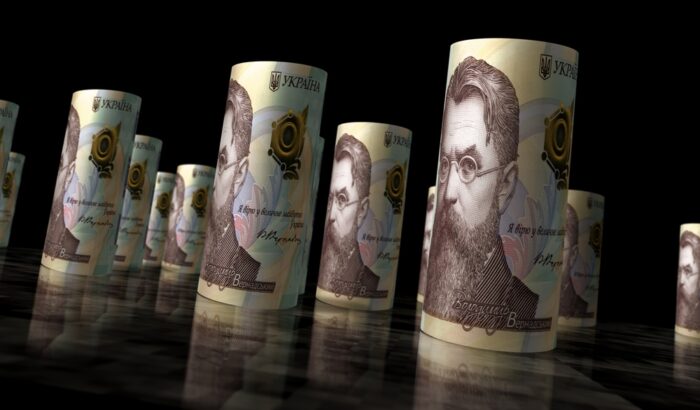The Progressive Post
A war of the 20th century and challenges of the 21st one

The terms and the time horizon of a peace solution in Ukraine remain highly uncertain and will shape our possible futures for the times ahead. But this should not delay a stronger response to the challenges of the 21st century we are confronted with. The outlook for 2023 clearly shows that we are entering a new historical era.
The brutal invasion of Ukraine by Putin’s Russia brought back the marks of the 20th century, with violent clashes between different political regimes and a self-perceived empire trying to expand its vital area by military force, ignoring the global order’s basic rules. The resolve of the European Union to support Ukraine must be kept until a solution for peace is found with strong guarantees for the Ukrainian side. The terms and the time horizon of such a solution remain highly uncertain, but they will shape our possible futures for the times ahead.
The commitment to support the Ukrainian war effort should not delay a stronger response to the challenges of the 21st century we are confronted with. They are a new type of challenge because they have a global scale from the start, and they can only be tackled with much stronger international cooperation. We began with a global financial crisis in 2008-2012, then a pandemic in 2020-2022 and an enduring climate crisis – all of them deepening social inequalities within countries, between countries and between generations.
Despite many uncertainties and risks, the outlook for 2023 clearly shows that we are entering a new historical era which will deeply change the relationship between each of us and:
– the planet and nature, limits will need to be respected according to principles of sustainability which are under generalised discussion;
– the rest of humankind with a global Agora emerging and new poles asserting themselves, particularly China, India and the Global South;
– the reality of our life which is increasingly radically transformed by its expanding digital and virtual dimension.
The Covid-19 pandemic brought a unique large-scale collective experience because it was generally perceived as a global, immediate and existential threat, requiring exceptional measures on all fronts: health, social, industrial, economic, financial and political.
These exceptional measures started defining an alternative to the neoliberal paradigm which was dominant in policymaking for a significant part of the 20th century. More recently, the so-called Washington consensus is being questioned on many fronts – including within the Bretton Woods institutions themselves – but a full-fledged alternative is still to be built and to become dominant.
Right now, we are at a historical bifurcation regarding fundamental political alternatives:
– on the one hand, a counter-reaction driven by populist leaders claiming that nationalistic retrenchment conducted by an authoritarian state is the best approach to meet people’s concerns with jobs, living costs, health and security,
– on the other hand, a progressive approach based on higher cooperation, solidarity and stronger intervention by a democratic state as well as by an updated multilateral system. This alternative still needs to make a fullaggiornamento to get rid of influences of the previously dominant paradigm and to cope with new radical transformations, notably the digital one.
At the international level, the defeat of President Donald Trump by Joe Biden and, more recently, of Jair Bolsonaro by Luiz Inácio Lula da Silva raise new hopes for the second alternative to take the upper hand. Nevertheless, there are other authoritarian poles in the world. And the risk of a new Cold War is increasing, particularly if China becomes more aligned with Russia. Furthermore, this kind of battle is also taking place inside the European Union, particularly when conservative forces make governing alliances with more extreme right ones. A big dispute will take place in the upcoming European elections but, in the meantime and because urgent actions are needed, many choices can already be made by the current constellation of European actors, including the EU presidencies of the Council.
This is high time for the European Union to make bolder choices:
- in its relationship with the world, when dealing with Putin’s confrontation and multiple pressures, when strengthening its strategic autonomy in energy, food, industrial and digital capacities as well as security and defence, but also when developing alliances across the world to build up new multilateral solutions for global challenges, notably climate, poverty and sustainable development goals;
- to bring about a real energy union providing a transcontinental grid with secure, affordable and green solutions;
- to also bring about a transcontinental digital infrastructure with broadband and platforms providing general services and AI aligned with European values to key data spaces, notably in energy management, security, research, health and education;
- to support these long-term strategic investments with a stronger budgetary capacity at all levels, including a European one, by issuing European debt based on own resources;
- to tame the rising costs of energy for SMEs and vulnerable households with a coordinated approach to regulate the markets, including capped prices and European joint procurement;
- to deepen European citizenship, in social terms, by fully implementing the European pillar of social rights and, in political terms, by developing European democracy, strengthening its representative and participatory features;
- to step up the enlargement process with a new approach to better integrate the candidate countries into all EU networks;
- to update the EU decision-making system in order to decide and act with more effectiveness and democracy, including gender equality and youth involvement at all levels.
The Swedish Presidency of the EU Council just announced its priorities, showing a worryingly low level of ambition. It will be up to the Spanish and Belgian presidencies to shift the direction and raise the ambition to a higher level.
Photo credits: Shutterstock/tomertu




